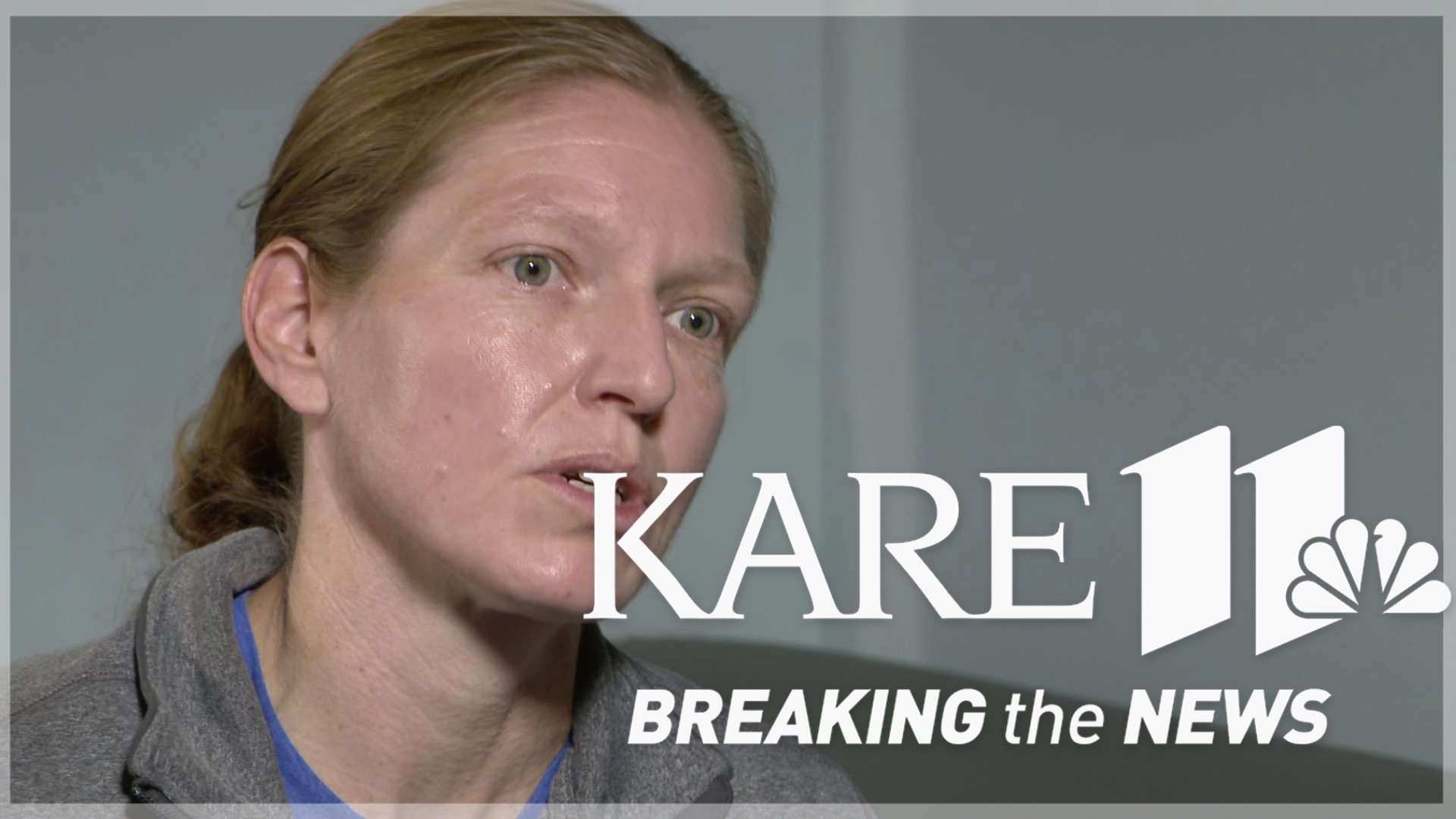MINNEAPOLIS — It's been 13 years since Ben Utecht played his last snap in a NFL game but seeing Tua Tagovailoa get hurt takes him right back to those days.
"I first thought about his family," Utecht said. "I will never forget my parents reaction."
Tragedy hit the Thursday Night Football game when Tagovailoa got sacked and then froze while on the ground. He was taken off the field in a stretcher, and brought to a nearby hospital in Cincinnati. Doctors said he had a head and neck injury.
Tagovailoa was one of the top trending topics on Twitter as fans, former players and football analysts outraged over the injury. Many began to question the concussion protocols.
"None of the rules that exist today were there when I was player," Utecht said.
He cites the target rule, roughing the passer and unbias medical personal at the games to help evaluate injured players. Utecht played for the Indianapolis Colts and Cincinnati Bengals. He grew up in Hastings, went on to be a football standout at the University of Minnesota. Utecht's professional career was cut short due to suffering his fifth documented concussion in 2009.
"Clearly that happening (the Thursday hit) so closely to the last injury, it's a big concern. Why was he on the field after the previous diagnosis?" Utecht asked.
He's referencing Sunday's incident when Tagovailoa was stumbling after he took a huge hit by the Jacksonville Jaguars defense. The National Football League Players Association was investigating how the medical team responded to the hit that appeared to cause injury to the 24-year-old quarterback.
"You have to protect that brain and the brain is more important than the game in the end," Hennepin County Medical Center's Dr. Ashley Bjorklund said.
Bjorklund specializes in pediatric trauma, and says her hospital sees roughly 200 traumatic brain injuries from children a year.
"Whether you're a 7-year-old or a 30-year-old, this is something you'll have for the rest of your life when you get a brain injury," Bjorklund said. "We recommend not returning to rigorous activity until all your symptoms are gone."
Something Utecht is familiar with.
"There are a lot of pressures that professional athletes face. One of the biggest pressures is wanting to produce for your team and be there for your team," Utecht said.
When KARE 11's Morgan Wolfe asked Utecht what he would tell Tagovailoa and other current NFL players, he said:
"Your value, what makes you special, and makes you full of purpose is not a game. Take into consideration that you have an incredible life ahead of you and what is mort important is that life is full of joy and health."
Watch more Breaking The News:
Watch all of the latest stories from Breaking The News in our YouTube playlist:

